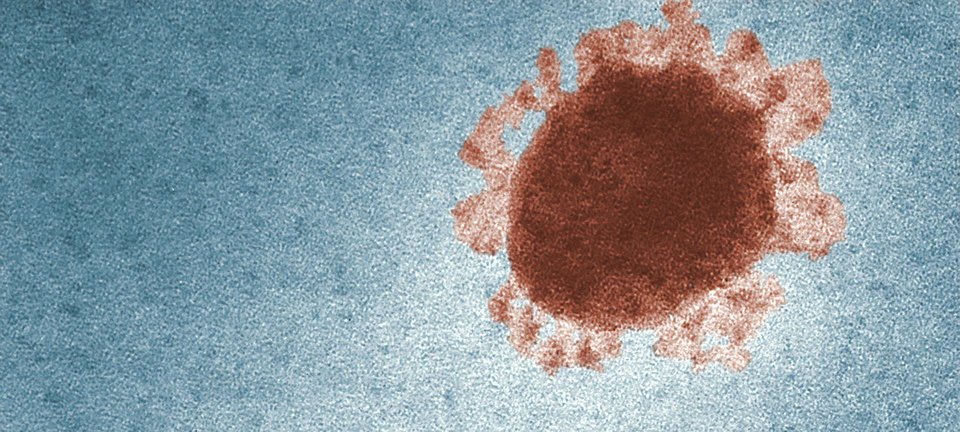Scientists from the Network for Genomics Surveillance in South Africa have released a report on their molecular epidemiological study of the first 46 SARS-COV-2 whole genomes from Cape Town.
The virus was introduced to the country through travel, with visitors and South Africans arriving back on South African soil with the infection and spreading it to others. Much-like other viruses, SARS-COV-2 mutates and as a result has slightly different genetic code, which makes each mutation traceable.
“Based on the molecular clock analyses we can confirm that all the introductions into Cape Town occurred between the last week of February and in the first two weeks of March 2020,” reads the study.
This coincides with South Africa’s tourist season.
In the study, genomes were sampled from patients in the first month of the epidemic in the City and represent roughly 10% of diagnosed cases over the same time period. These were then compared with SARS-COV-2 genotypes from around the world.
The researchers found at least nine introductions of the virus to Cape Town within their sample cases. They corresponded to variants of the virus from China, the United Kingdom, Spain, Italy and the Netherlands.
Of these variants, it was observed that one Dutch introduction acquired a unique mutation that has only been observed in relation to an outbreak at a supermarket in Cape Town. The research also suggested that multiple Dutch variants were introduced into the country, which they attribute to the two countries’ shared history and therefore travel between the destinations.
“This variant has been observed only in the supermarket outbreak in Cape Town and nowhere else on earth. Keeping track of mutations such as this one, will allow us to understand how the virus spread between different locations within the city, the surrounding countryside and throughout the Republic, which is the primary objective of NGS-SA.”
Picture: Unsplash

